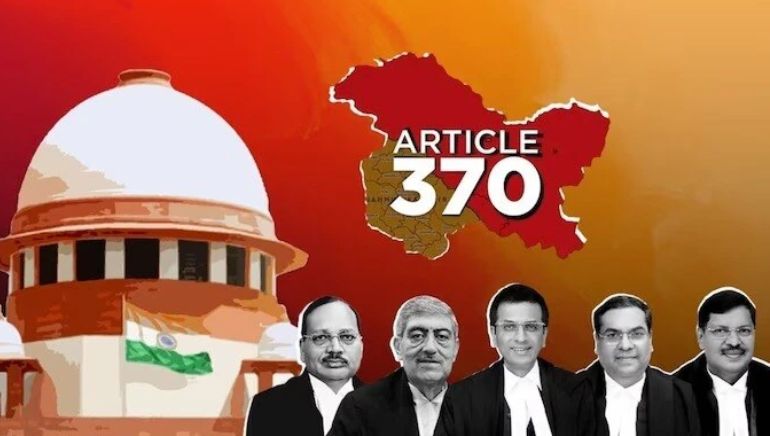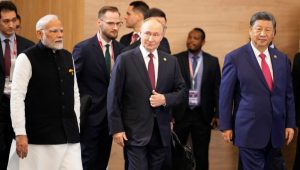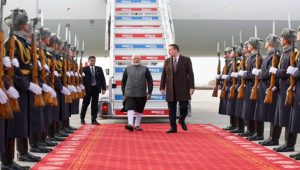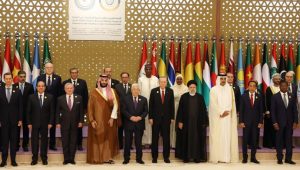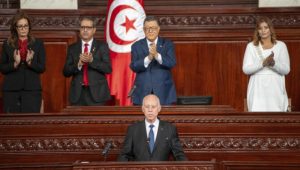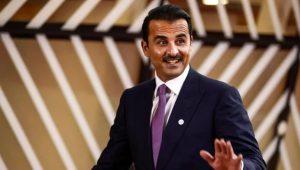A Constitution Bench of the Supreme Court has unanimously upheld the President’s authority to abrogate Article 370 in August 2019, leading to the reorganization of Jammu and Kashmir into two Union Territories. Chief Justice of India D.Y. Chandrachud, leading the five-judge Bench, affirmed that the President could unilaterally issue a notification to cease the existence of Article 370.
The court emphasized that the President possessed the power to abrogate Article 370 when “special circumstances warrant a special solution,” and that the judiciary could not question the decision based on the assessment of such circumstances.
Describing the abrogation as the culmination of a “gradual and collaborative exercise” spanning 70 years, the court declared the Jammu and Kashmir Constitution “redundant” and “inoperative,” asserting that the Indian Constitution was the comprehensive code for constitutional governance.
The ruling also accepted the Centre’s commitment to restoring Statehood to the Union Territory of Jammu and Kashmir and directed the Election Commission of India to conduct Assembly elections by September 30, 2024.
While the court refrained from examining the permissibility of the reorganization into the Union Territories of Ladakh and Jammu and Kashmir, it endorsed the carving out of Ladakh from the erstwhile state.
Chief Justice Chandrachud clarified that Jammu and Kashmir had divested itself of “any element of sovereignty” after executing the Instrument of Accession in 1947. The court affirmed that Article 370 was a temporary provision to facilitate accession during times of internal strife and war.
In an insightful suggestion, Justice Sanjay Kishan Kaul proposed the establishment of a Truth and Reconciliation Commission to address the intergenerational trauma caused by violence and mass migration in Jammu and Kashmir.
This verdict settles a long-standing legal debate and establishes the constitutional validity of the abrogation of Article 370 and the reorganization of the region.





